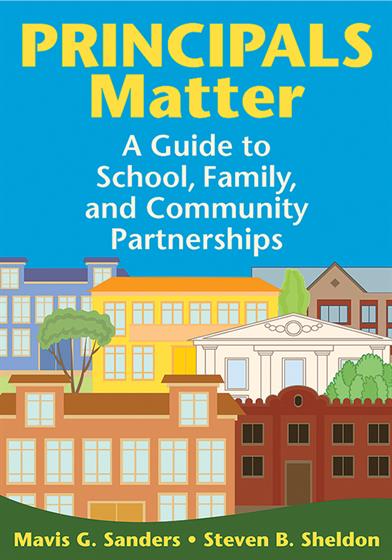Hands-on, Practical Guidance for Educators
From math,
literacy, science, equity, multilingual learners, and SEL, to assessment, school counseling,
and education leadership, our books are research-based and authored by experts
on topics most relevant to what educators are facing today.

Principals Matter
A Guide to School, Family, and Community Partnerships
Build a school climate that promotes the development of successful school partnerships!
This research-based resource examines the principal's essential role in developing effective partnership programs and provides a road map for initiating home-school-community collaborations that are goal-focused, equitable, and sustainable. Presenting examples of strong partnerships that are based on supportive school climates, this book:
- Synthesizes research on partnerships, principal leadership, and urban education reform
- Discusses the role of fathers and working with families that live in poverty, are linguistically diverse, or have children with disabilities
- Offers practical recommendations for refining partnership programs to ensure alignment with student achievement goals
Product Details
- Grade Level: K-12
- ISBN: 9781412960427
- Published By: Corwin
- Year: 2009
- Page Count: 160
- Publication date: November 20, 2012
Review Copies
This book is not available as a review copy.



